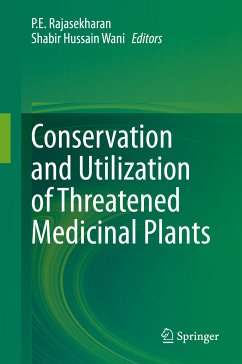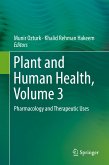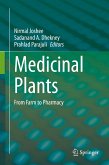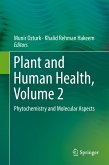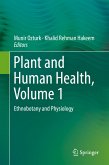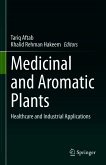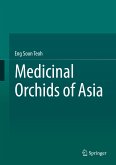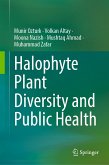Medicinal plants are globally valuable sources of herbal products. Plant-based remedies have been used for centuries and have had no alternative in the western medicine repertoire, while others and their bioactive derivatives are in high demand and have been the central focus of biomedical research. As Medicinal plants move from fringe to mainstream with a greater number of individuals seeking treatments free of side effects, considerable attention has been paid to utilize plant-based products for the prevention and cure of human diseases. An unintended consequence of this increased demand, however, is that the existence of many medicinal plants is now threatened, due to their small population size, narrow distribution area, habitat specificity, and destructive mode of harvesting. In addition, climate change, habitat loss and genetic drift have further endangered these unique species. Although extensive research has been carried out on medicinal and aromatic plants, there is relatively little information available on their global distribution patterns, conservation and the associated laws prevailing.
This book reviews the current status of threatened medicinal plants in light of increased surge in the demand for herbal medicine. It brings together chapters on both wild (non-cultivated) and domestic (cultivated) species having therapeutic values. Thematically, conventional and contemporary approaches to conservation of such threatened medicinal plants with commercial feasibility are presented. The topics of interest include, but not limited to, biotechnology, sustainable development, in situ and ex situ conservation, and even the relevance of IPR on threatened medicinal plants. We believe this book is useful to horticulturists, botanists, policy makers, conservationists, NGOs and researchers in the academia and the industry sectors.
Dieser Download kann aus rechtlichen Gründen nur mit Rechnungsadresse in A, B, BG, CY, CZ, D, DK, EW, E, FIN, F, GR, HR, H, IRL, I, LT, L, LR, M, NL, PL, P, R, S, SLO, SK ausgeliefert werden.

